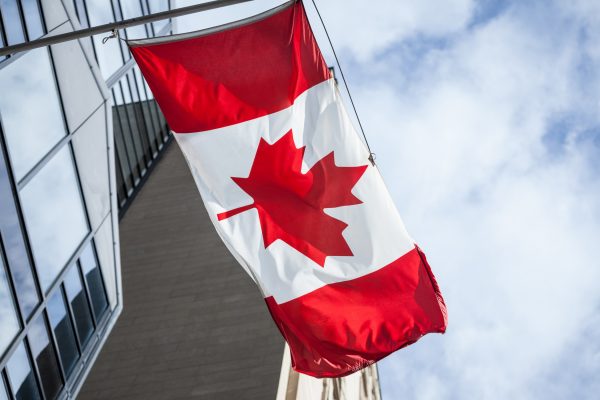How to open a non-resident bank account in Canada
Here is all you need to know about opening a bank account in Canada if you are not a resident.

If you’re moving to Canada from another country, you’ll need to open a Canadian bank account so that you can access your money while you’re here. In this blog post, we’ll walk you through the process of opening a bank account in Canada as a non-resident.
Do You Need a Canadian Bank Account to Work in Canada?
The short answer is no, you don’t need a Canadian bank account to work in Canada. However, having a local bank account will make life much easier for you. With a Canadian bank account, you’ll be able to deposit your paychecks, pay your bills, and access your money more easily. Plus, some employers may require that you have a local bank account before they’ll hire you.
Can a Foreigner Open a Bank Account in Canada?
Yes, foreigners can open bank accounts in Canada. You’ll need to provide proof of identity and residency, as well as any other documents required by the bank.
Can You Open a Bank Account in Canada From Overseas?
Yes, it is possible to open a bank account in Canada from overseas. However, it’s generally much easier to do it once you’re already in the country. That way, you can go into the bank and meet with a representative in person to get everything set up. If you’re trying to open an account from overseas, you’ll likely need to jump through more hoops and provide additional documentation.
What Do You Need to Open a Bank Account in Canada?
To open a bank account in Canada, most banks will require that you provide proof of identity and residency. Typically, a passport or other government-issued ID will suffice for proof of identity. For proof of residency, you can use things like utility bills or credit card statements. Some banks may also require additional documentation such as employment letter or student ID.
How to Get the Required Identity Documents?
If you don’t have a passport or government-issued ID, you can get one from your home country’s embassy or consulate in Canada. As for proof of residency, most people will already have documents like utility bills or credit card statements that they can use. If not, simply ask a friend or family member who does have such documents to send them to you via email or postal mail.
Banks in Canada: which bank should you bank with?
According to a recent survey, the five most popular banks in Canada are RBC, TD, CIBC, Scotiabank, and BMO. Not surprisingly, these banks are also the five largest by assets. RBC is the largest bank in the country, with over $1 trillion in assets, followed by TD with just over $900 billion. CIBC is in third place with $690 billion, while Scotiabank and BMO round out the top five with $575 billion and $563 billion respectively. These banks are all large and well-established financial institutions that offer a wide range of products and services. They also have branch networks that span the country, making them convenient for Canadians who do business in multiple provinces. As the five largest banks in Canada, it is no surprise that they are also the most popular.
How to get the required identity documents to work in Canada
If you are planning to work in Canada, you will need to obtain the appropriate identity documents. The first step is to obtain a valid passport from your home country. If you do not already have a passport, you can apply for one at your local passport office. In addition to a passport, you will also need a work permit. You can apply for a work permit online or at a Canadian visa office in your home country. Once you have obtained a work permit, you will be able to apply for a Social Insurance Number (SIN). To obtain a SIN, you will need to complete an application form and provide proof of your identity and work status. Once you have obtained all of the necessary documents, you will be able to start the process of finding employment in Canada.
How to transfer money overseas from Canada?
The Dahabshiil App will help you send and receive money from anywhere in Canada with an internet connection, including mobile phones. There is only one low fee for transfers between friends or family members abroad which can save time as well!
We hope this blog post has given you all the information you need about opening a bank account in Canada as a non-resident. With the right documentation and fees taken care of, it should be a straightforward process that opens up plenty of possibilities for financial transactions while living in Canada. Good luck!